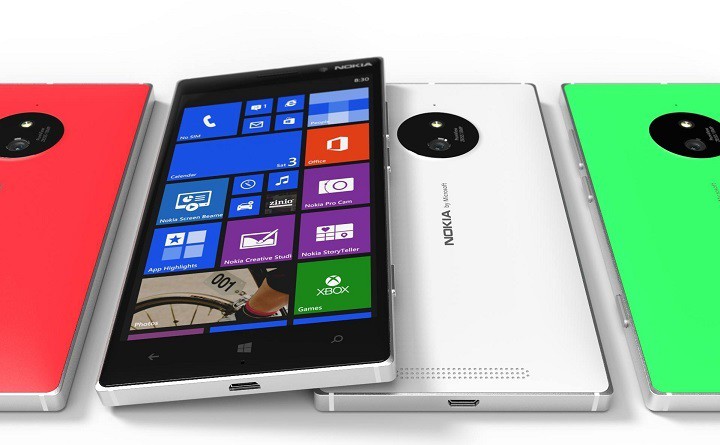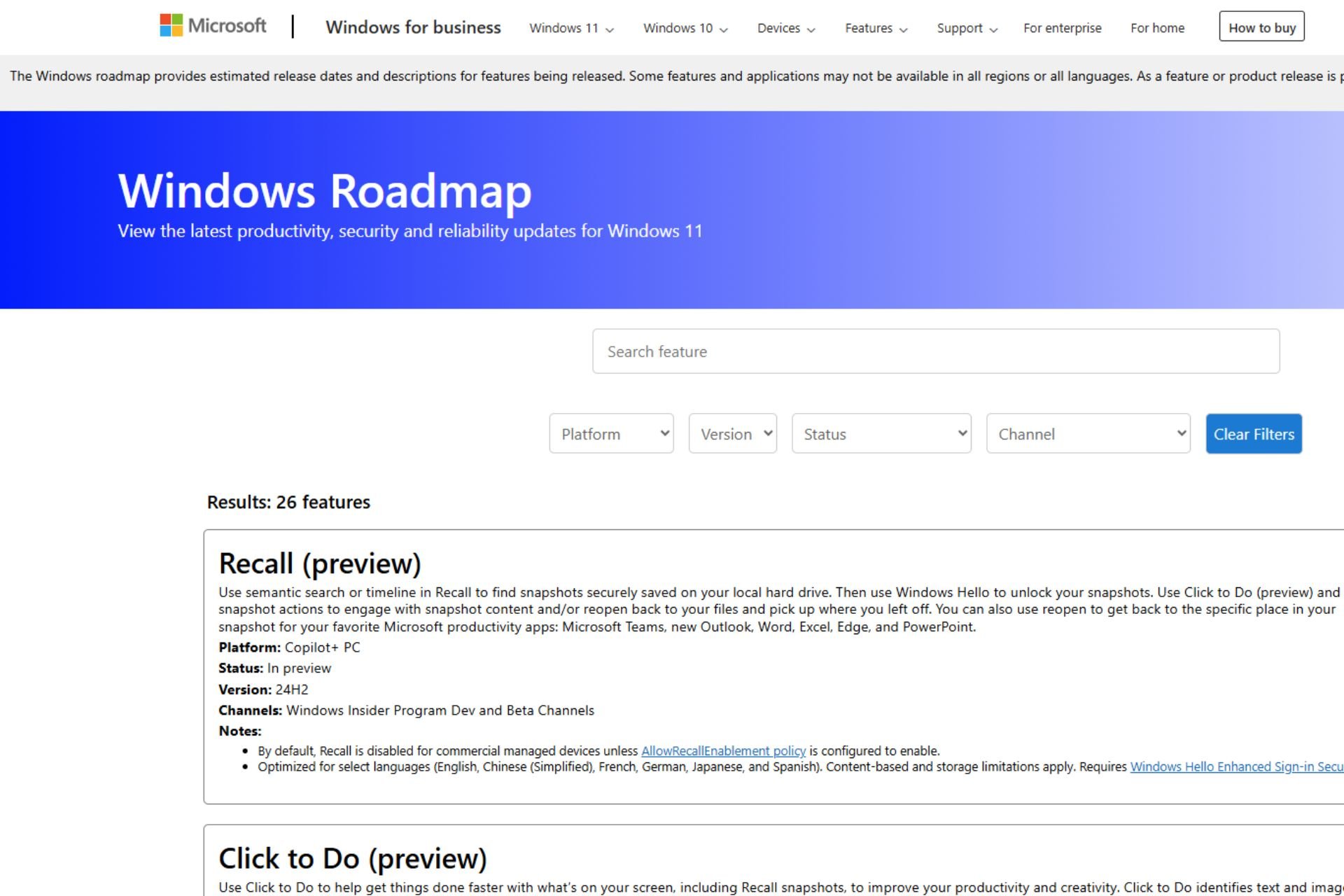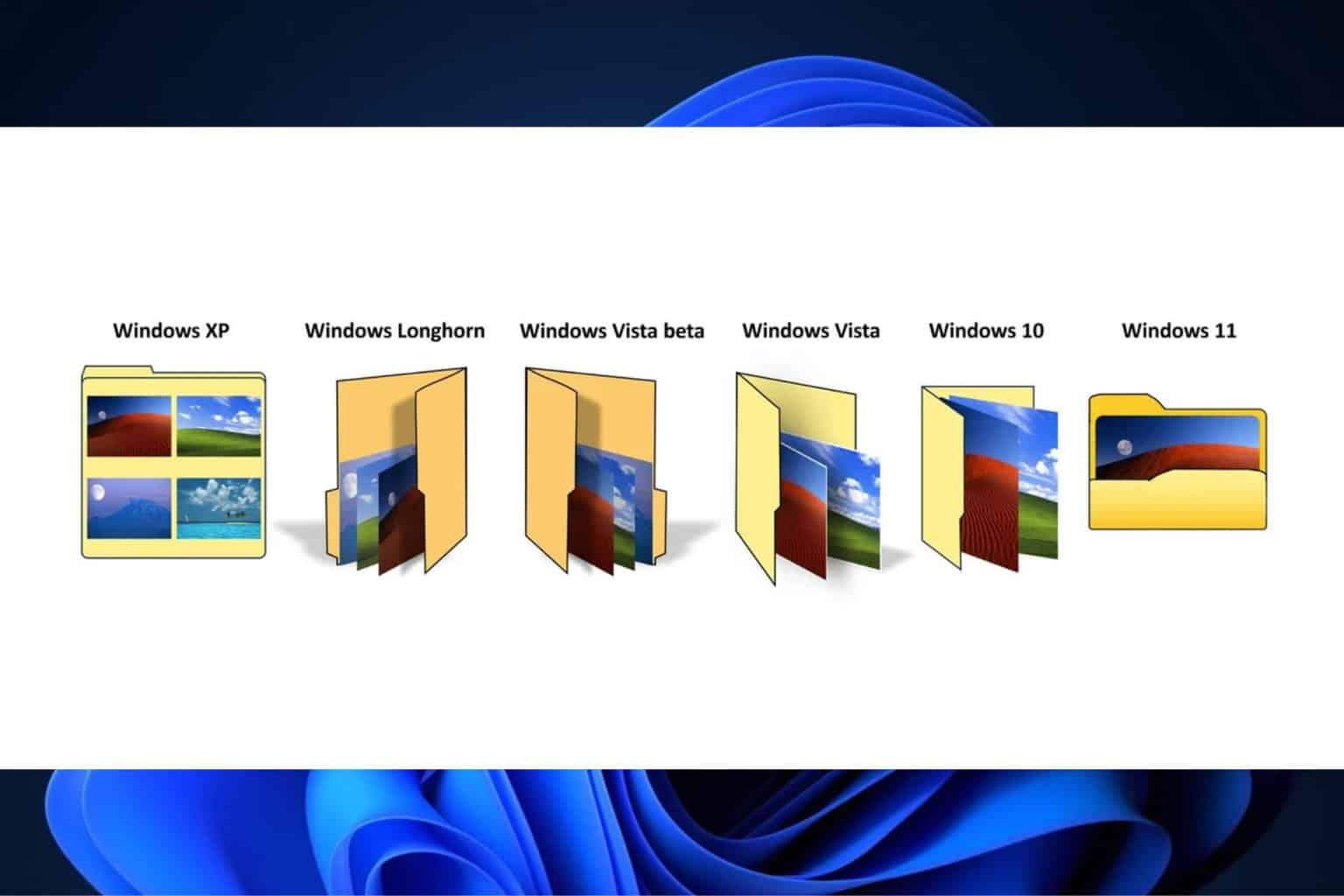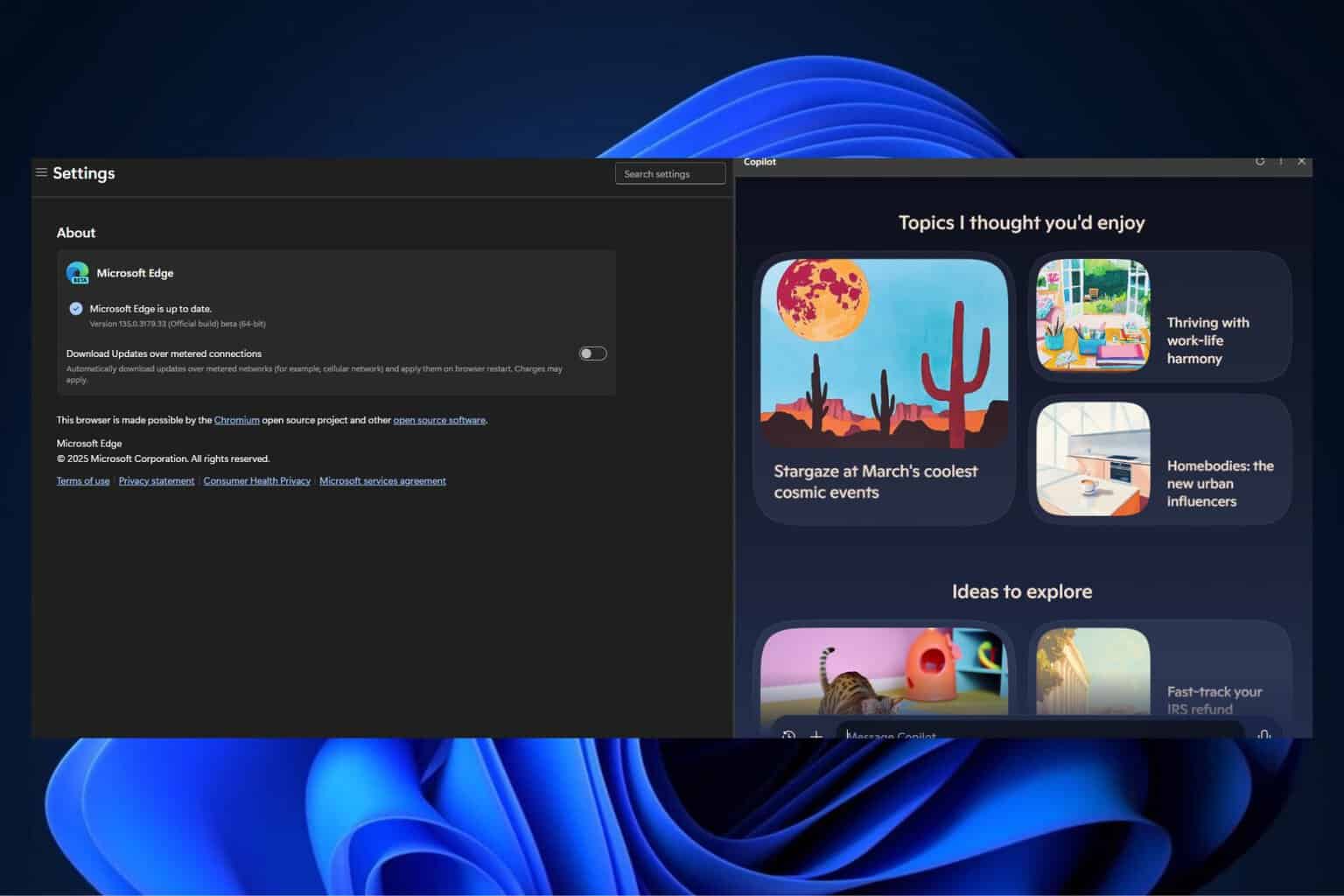Microsoft might be selling its Nokia phone business to Foxconn
3 min. read
Published on
Read our disclosure page to find out how can you help Windows Report sustain the editorial team. Read more

It’s no secret that Microsoft’s phone business isn’t going according to plan. Last quarter alone saw a 46% drop in phone revenue, slightly better than the 49% drop the quarter before that. On hearing that news, we suggested that the company put a nail in the coffin and accept that there are bigger players in the smartphone market it cannot successfully compete against.
In the end, it seems that Microsoft is finally realizing this: According to rumors, the tech giant is considering licensing 50% of its mobile business to Foxconn — in other words, the Nokia brand it had purchased for 10 years, until 2024. It appears that negotiations have reached very advanced stages, with Microsoft and Foxconn currently deliberating the final clauses of the deal.
Microsoft does not want to abandon its phone business altogether as it has expressed interest in keeping the Lumia division intact. If the deal does go through, the Lumia department would be integrated with the Surface team. A grim future awaits 50% of the employees working on the Microsoft Mobile project since most of them will have to find work elsewhere if the company cannot find other positions in the company for them.
By merging the Mobile and Surface teams, Microsoft is searching for a cure to its phone revenue woes. Both the Surface Book and Surface Pro 4 are two of Microsoft’s main revenue streams, bringing in real cash to the company’s coffers. In fact, Surface revenue increased 61% in last quarter after years of constant declines.
[irp posts=”29615″ name=”Microsoft patents low-power tethering Wi-Fi, could make it to its next flagship phone”]
As shocking as this may be, there are some strong arguments in its favor, the most important one being the upcoming Surface Phone scheduled for release in April 2017. Why would Microsoft develop a Surface Phone when it has — well, still has — a dedicated phone division? In addition, Microsoft talked more about Android and iOS than it did about its own mobile offering at Build 2016. Was it because Windows on Mobile is no longer relevant to Microsoft? There are too many signals pointing in the same direction to simply ignore them.
As painful as this may be for many Microsoft Mobile fans, burying a large portion of its Mobile business is the right choice to make. Potential buyers are not interested in Windows Phones while many Windows phone owners are switching sides. Why continue to pump money into a dying project, hoping to miraculously revive something that is visibly on its last leg? Directing resources towards a new project is the wisest decision Microsoft can make.
RELATED STORIES YOU NEED TO CHECK OUT:








User forum
1 messages